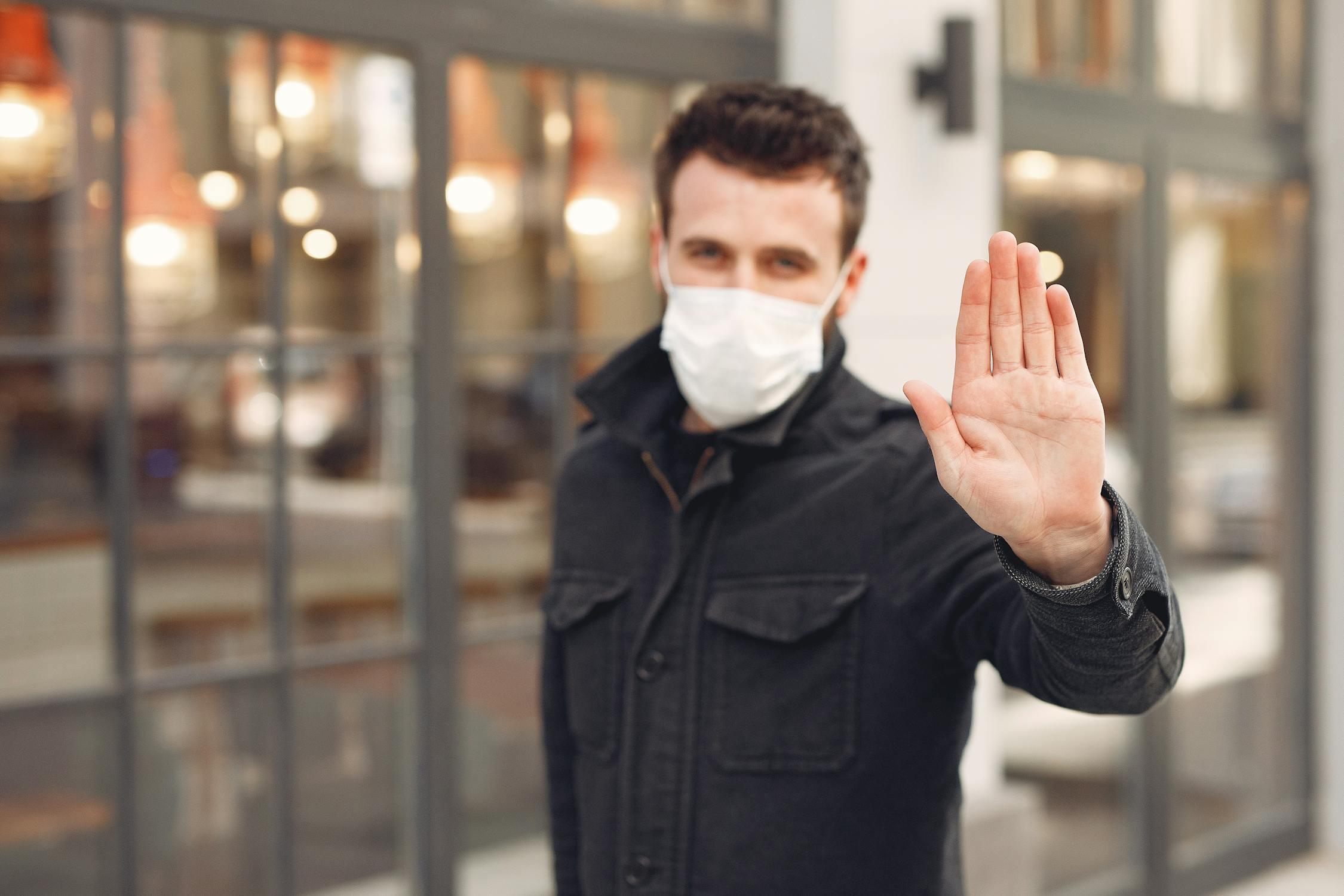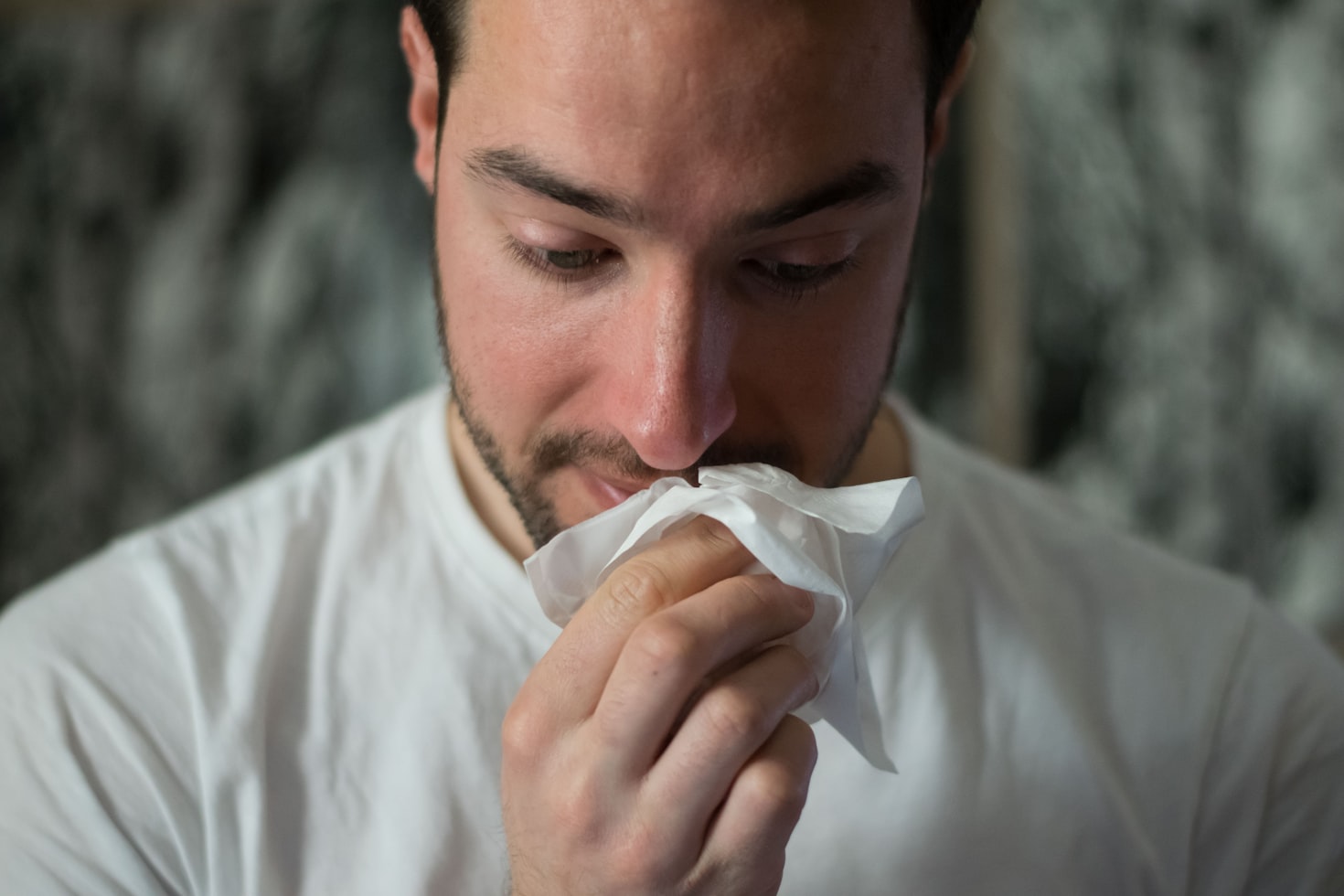If you suffer from allergies, then you’re no stranger to sneezing, sniffling, and watery eyes. The constant runny nose can be annoying and frustrating, but when allergies are severe, they can make everyday life pretty miserable. There are plenty of myths about allergies out there, which can cause undue worry for sufferers, so it’s time to clear the air once and for all. Here are 10 things you probably didn’t know about allergies (and what they mean for you).
Common allergies
While not an allergy, many people are sensitive to gluten. If you want to stop eating bread and pasta, but your doctor says you don’t have celiac disease, try removing these from your diet for two weeks to see if you feel better. If so, it could be a gluten sensitivity. Gluten is found in wheat and other grains including rye and barley. It’s also present in some medicines and supplements.
Related conditions
An allergy is a hypersensitive immune response, called an immune reaction, to something that does not typically cause a harmful immune response. Common allergies include pollen and dust, but allergies can also be caused by food or medicine. Allergic reactions are often immediate and result in itchy eyes, coughing, wheezing and rashes. In extreme cases a severe allergic reaction can even lead to death.
Are you paying too much?

Paying too much for your insurance? Are you currently paying too much for your house, car, or credit card debt? There are a number of reasons why people pay too much for something. Learn about these reasons and how to reduce excess payments with some tips.
Medical tests you can do yourself
Did you know you can do a skin test yourself at home? Skin tests are performed by placing tiny amounts of various substances on your skin, usually on your forearm. Then, they are left there for 15 minutes and it is checked to see if an allergy has developed. If there is no reaction within 20 minutes, it means that you don’t have an allergy to that substance.
How to control your allergy symptoms
1. An antihistamine can be very helpful in controlling allergies. These medicines work by blocking histamine, a substance released from your immune system that produces symptoms of allergy like sneezing and runny nose. However, it is very important to know which antihistamines will not cause drowsiness as you need to be wide awake during pollen season.
Over the counter allergy medications and supplements
When it comes to treating allergies, many people turn to over-the-counter antihistamines, anti-itch lotions and nasal sprays. While these can help with symptoms, they don’t address their root cause—which is exposure to your allergen. Instead of relying on OTC treatments alone, take steps to avoid or remove sources of your allergen from your environment as much as possible.
What about home remedies?

A natural way to alleviate allergies is to take an antihistamine. Although over-the-counter medications like Claritin and Benadryl can relieve your symptoms, many people are choosing to use home remedies for allergies. Home remedies for allergies have been used for hundreds of years and have a history of success. These natural allergy remedies are good alternatives for people who want to avoid side effects caused by medications like drowsiness, impaired driving and weight gain.
Alternative/complementary treatments for allergies
Aside from medications, there are other ways to reduce allergies. One of them is acupuncture; in one study, 65 percent of people who received acupuncture reported a decrease in their symptoms. Acupuncture also helps by boosting your immune system, reducing inflammation and relaxes tense muscles. Another alternative treatment for allergies is hypnosis: A recent study found that listening to specific hypnotic suggestions helps relieve symptoms of allergic rhinitis and improves quality of life.
The Best Foods for Allergies
Staying away from allergens can be a challenge, but there are some foods that are more allergy-friendly than others. Be sure to stay away from common allergens—these include gluten, nuts, soy and dairy. However, if you have an allergy to a specific food group or ingredient, like chicken or eggs, don’t write it off entirely. By knowing your allergies and eating accordingly you can create a diet that will leave you feeling great!
Tips for dealing with seasonal allergies, pollen, dust mites, pet dander, mold and mildew, etc.
With their sniffles, sneezes, and itchy, watery eyes (not to mention headaches, asthma attacks, and sinusitis), seasonal allergies are a frustrating fact of life for many people. Here are 10 things you probably didn’t know about allergies











Hi there! I just want to offer you a huge thumbs up for your great info youve got here on this post. I am coming back to your website for more soon.
With havin so much content and articles do you ever run into any issues of plagorism or
coppyright infringement? My blog has a lot of unique content I’ve either written myself or
outsourced but it appears a lot of it is popping it
up all over the web without my agreement. Do you know anyy methods too help
protect against content from being stolen? I’d really appreciate it.
my web blog; home renovation (Keith)
Great web site. A lot of helpful information here.
I’m sending it to a few pals ans also sharing in delicious.
And obviously, thanks on your sweat!
Here is my blog … asvab exam; Wolfgang,
Thanks you